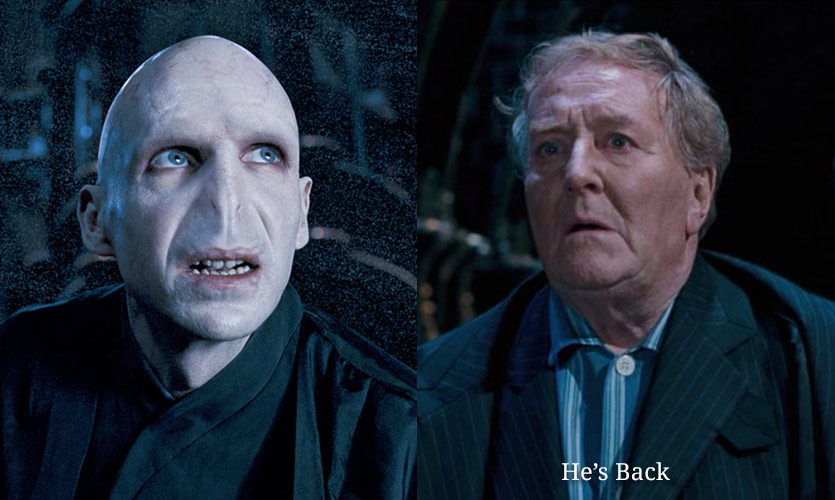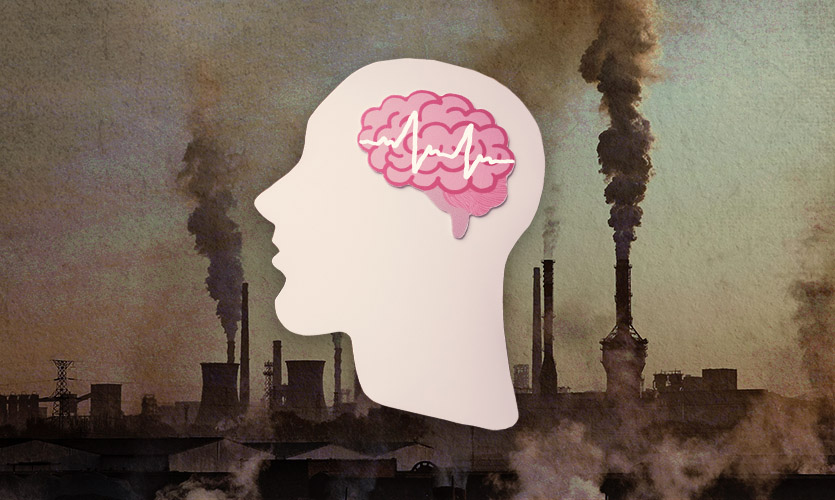“It is the unknown we fear when we look upon death and darkness, nothing more”, is a famous line by Albus Dumbledore from Harry Potter and the Half-Blood Prince. With the pandemic taking over our day-to-day lives, the last (almost) two years have been as unprecedented as they could be. The uncertainty and lack of stability and trust have been pretty similar to how the characters in Harry Potter felt when news of The Dark Lord Voldemort coming back was revealed in the fifth part of the series.
No one wanted to believe that Voldemort had returned, even when evidence was staring them in the face. The Order Of The Phoenix had to begin holding meetings in secrecy, and work on convincing others about the return of Voldemort. However, what they were proposing was so grim that no one wanted to accept it. Their credibility was questioned and there was mud-slung by those in power, aplenty. The time lag made uncertainties grow multifold and the consequences were worse. All because fear was driving the train with no halt at the rationale station.
Read more: Shantanu Pandit talks about his debut album Milk Teeth
Much of it, if not all, has happened around the globe with respect to the recent pandemic. People were scared of the virus and it wasn’t so much about disbelief, but a lot about the idea of accepting that their lives were going to be altered in ways no one could predict. Despite warnings, people chose to break free from time to time. The administration was left in a lurch and was clueless on how to curb the impact of the virus.
At the core of it all, was fear. People feared for their mortality and their lives as they knew it — in the Potter series and as the realities of the pandemic began to surface.
The role played by media in the dissemination of doom is one that must be looked at with scrutiny. Telling people the truth can be a tricky business — the media has to time and again pull up good stories and share acceptable narratives. It has to ensure a steady supply of hope, despite having the skills to look beyond the facade. It also needs to appease the ones who put in the money to keep the presses (and clouds) running.
Read more: The F16s raise COVID-19 funds with a new single
Ministry of Magic was afraid of accepting that the Dark Lord was back. The popular wizard daily, The Daily Prophet, as Rita Skeeter (that nosy journalist) had put it best, existed to sell. There was resistance, however, in the form of radio and other forms of correspondence. The wizard magazine, The Quibbler (which Luna Lovegood was always found reading) was a source of all things odd, including the truth. What we saw in the books and on-screen was a depiction of the varied forms in which we saw realities unfold around us during the pandemic.
The constant tussle between comforting people and telling them the truth was one that the authorities faced while braving the pandemic. For the most part, there were no clear answers or pathways to walk on. Just a lonely road with too many dead ends. The media was facing job losses and severe pay cuts — a dire situation for the freedom of the press. Social media played a big role in fuelling the resistance but access and various curbs were major concerns to tackle.
It was the fear that made people shut up and eventually come together to fight out loud. Muggle or not, fear can indeed be only defeated in numbers, even if they are connected virtually.










